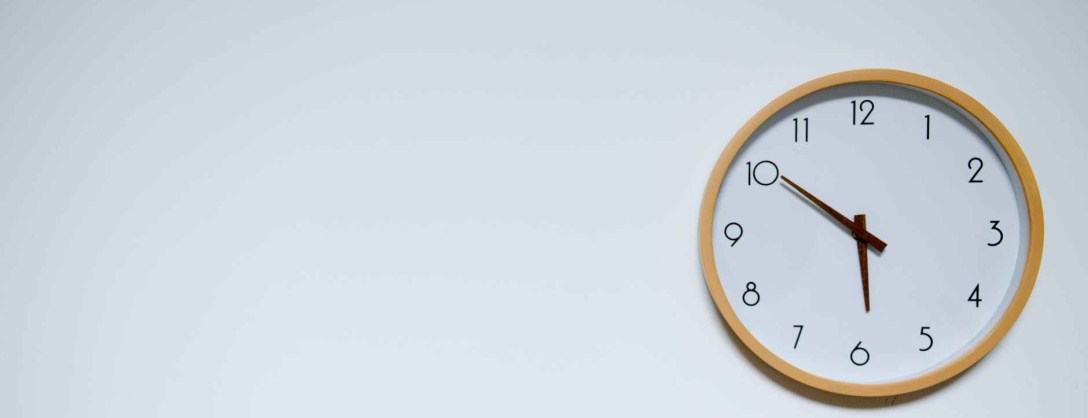Recently I read Mel Robbins’ “The 5 Second Rule“, and there was a very interesting part in there about anxiety and panic attacks. Robbins has struggled with anxiety, panic, and a fear of flying for decades, but she claims in her book that the five-second rule helped her conquer her fear of flying and come off of medication.
I was intrigued, particularly when she mentioned a very key point. To our bodies, physiologically speaking, excitement and fear are the same things. I knew this from experience, having felt the excitement that quickly turned to fear because my brain associated those feelings instantly with panic, not happiness. You sweat, your heart races, you become hyper-aware – this state of the body can describe fear or excitement. Our body reacts in the same way. The only difference? Our brains. It’s what our brains are thinking that differentiates these feelings. If we have a context for the shaking and sweating as being psyched for something, our brains back off and we’re okay. But if our brains see something to be fearful of, or don’t have a context (as in a panic attack), the brain will escalate the feeling and send us into fight, freeze, or flight mode in order to protect us.
Since I struggle with anxiety, and particularly with confusing the feelings of excitement and fear in my body, I decided to try out the five-second rule to see how it might help. For one month, I used the 5-second rule to re-direct my thoughts and help my body recognize what it was feeling.
How It Works
The idea goes like this. When you’re about to give a speech, make a sale, call a date, or do anything that makes you nervous, tell yourself, “I’m excited.” Give your brain context about what it’s feeling that doesn’t risk escalating the feeling into panic.
I wanted to try this also with panic attacks, because those generally happen without any context at all. Using the related idea of anchor thoughts, I decided that on any given day, should I have a panic attack, I would help my brain contextualize the sudden rush of adrenaline by telling myself I was excited about something. One week it might be the crafting project, another it might be NaNoWriMo, another my next D&D session. But by doing that, I wanted to see if I could actually de-escalate my panic attacks and get through them more calmly than normal.
Results
I am happy to report that the experiment worked. I was a bit skeptical, to be honest, because it’s something so basic and simple it seems like someone, somewhere, would have come up with it before.
But the idea works because it is so simple.
Unfortunately for the experiment, though fortunately for my health, I didn’t have any panic attacks this past month, so I didn’t get to try it out in that state.
I did get to try it out with my worrying. I have a bad habit of worrying all the time, so I used the five-second rule any time I caught myself ruminating on mistakes, thinking of what might go wrong in the future, or general anxiety over what was happening in the present.
When I caught myself, I thought “5-4-3-2-1” and pulled my thoughts away to something else. I had several anchor thoughts; my novel, my next D&D session, how awesome it would feel to be a published author or a book I was reading.
I also added visualization, which was a powerful element. Robbins had mentioned in one of her talks that the act of counting backward moves us from our irrational brain to our prefrontal cortex, a kind of half-circle around the head. It engages that area which literally interrupts our thoughts, short-circuiting the loop of anxiety.
I pictured the numbers as points around my head, and my thoughts literally moving from the back to the front as I counted down. It was so powerful it was honestly surprising.
Overall, I can say that the technique does work. I had just as many anxious and worrisome thoughts as I normally did, but I felt more in control of them, and they didn’t run away with me as often as before.
If you struggle with fear, anxiety, worry or depression, I suggest reading Robbins’ book and trying it out for yourself.







